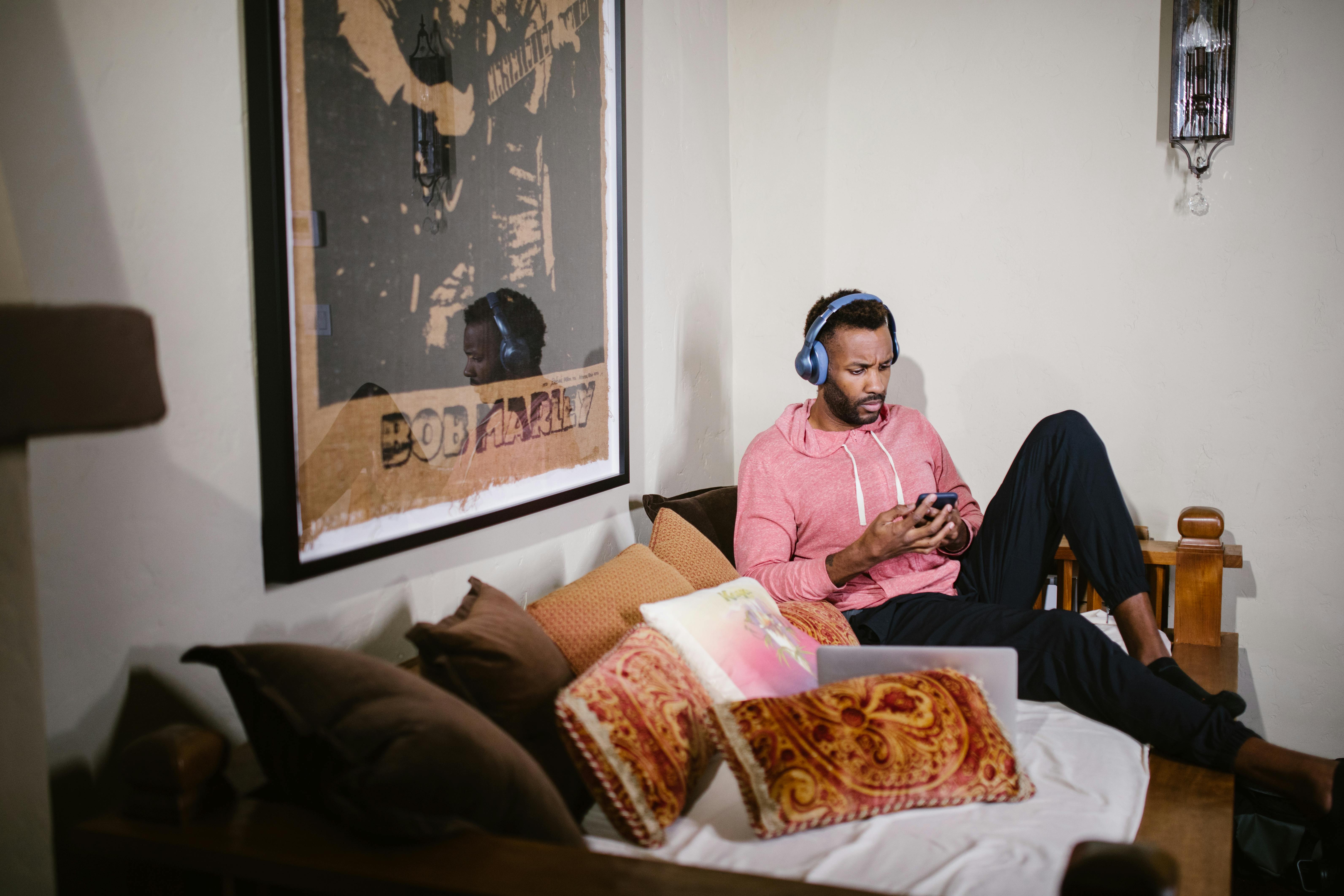
Put pleasure-directed learning on your child’s homeschool transcript
If you have a child who is learning things on their own, simply because they are interested and not because you created them, then your child is engaged in pleasure-directed learning. This kind of learning should go on your child’s transcript as wellalong with things that they are formally studying with a text or something similar, even though they are not using any books!
To keep track of what your child has done and translate it into a course, keep a list of all their learning activities, group them together, label each group as a class, and then put that class on their transcript. That sounds big, so let’s break it down into smaller parts, using my sticky note strategy.
Divide a yellow sticky note into nine small boxes. In each, list an educational experience/activity your child has done that you are trying to figure out how to record.
note the year your child did the activity. That gives you an idea of what the completion date was.
estimate your range. Think about whether they completed that experience to your satisfaction.
Estimate the value of the credit. Write the approximate number of hours they were doing it or the value of the credit if you know the value of the credit. If you know they’ve spent two hundred hours on the swim team, that’s what you’d put in that credits section.
Brainstorming on topic areas for the activity If ballet is the activity, maybe the course could be physical education or maybe fine arts. Perhaps your child does three different types of dance, such as ballet, hula, and swing dance; she may be able to combine all of that in a class called Physical Education or Fine Arts.
group activities together. Look for similarities and put things that are similar into groups. Put those groups together in one course, to make a full credit. Think about what kinds of things you could group under generic titles. Perhaps your student is interested in home economics, so she puts everything she does related to cooking, cleaning, or childcare in one course. If your child seems to do a lot of art, bundle their sewing or craft activities together for an art credit. Maybe they get paid for whatever they do or work for. In that case, that credit could be called ‘Occupational Education’. Sometimes, you’re not really sure what your child is learning, because he’s speaking in foreign languages like C++ or Java, and he doesn’t know what it means. In that case, you could call your courses ‘Technology’ or ‘Computer Class’.
Be sure to give your child credit for the learning they do on their own., not only the activities that you assign them and in which you test them. Delight-directed learning is real learning that has a place on your child’s transcript.